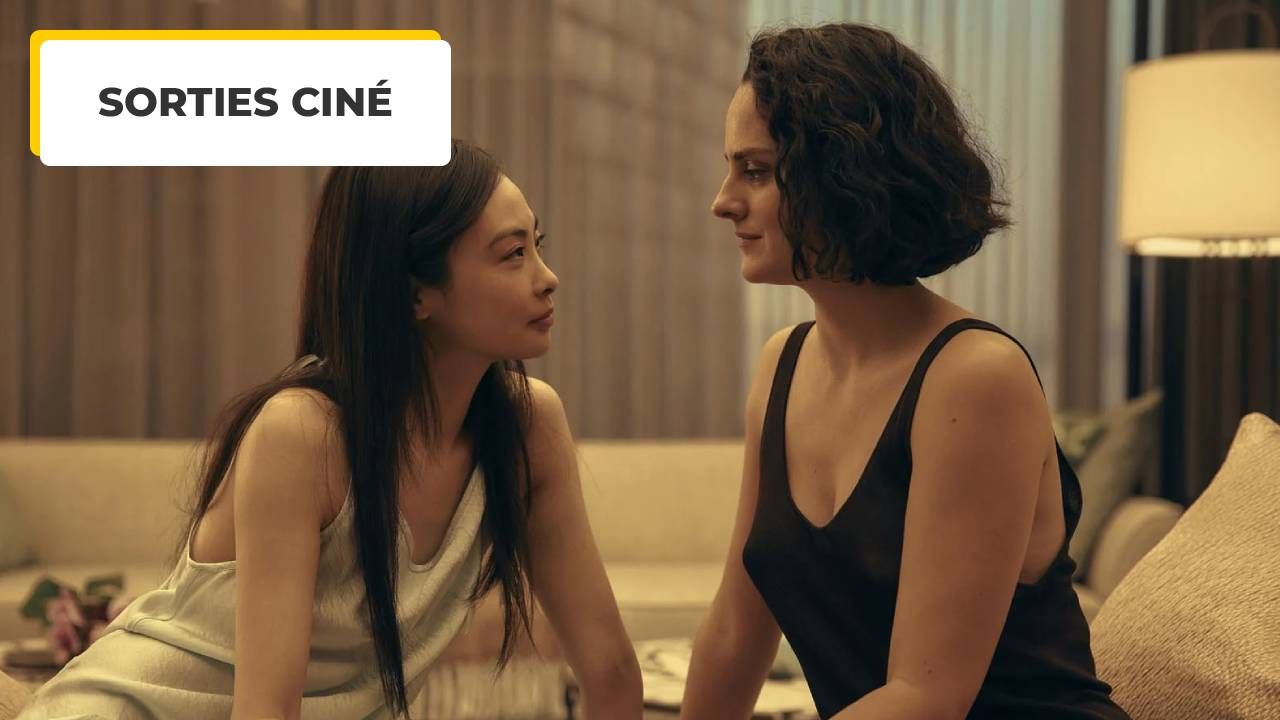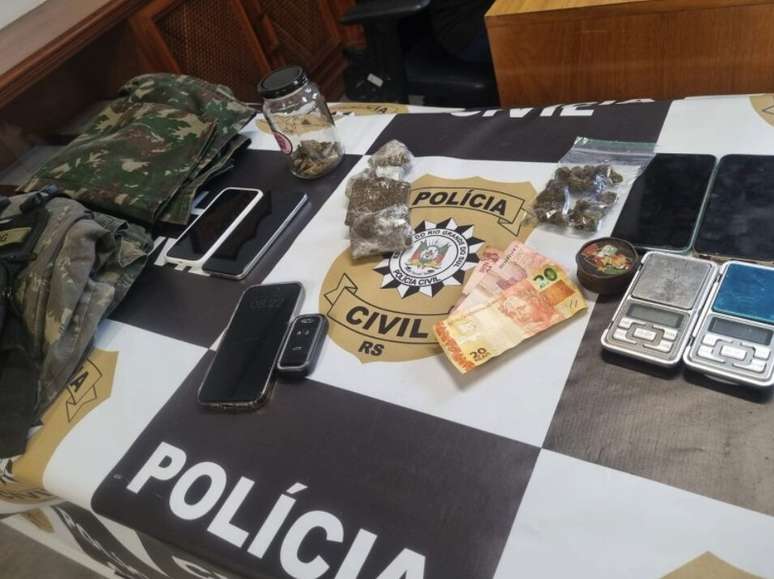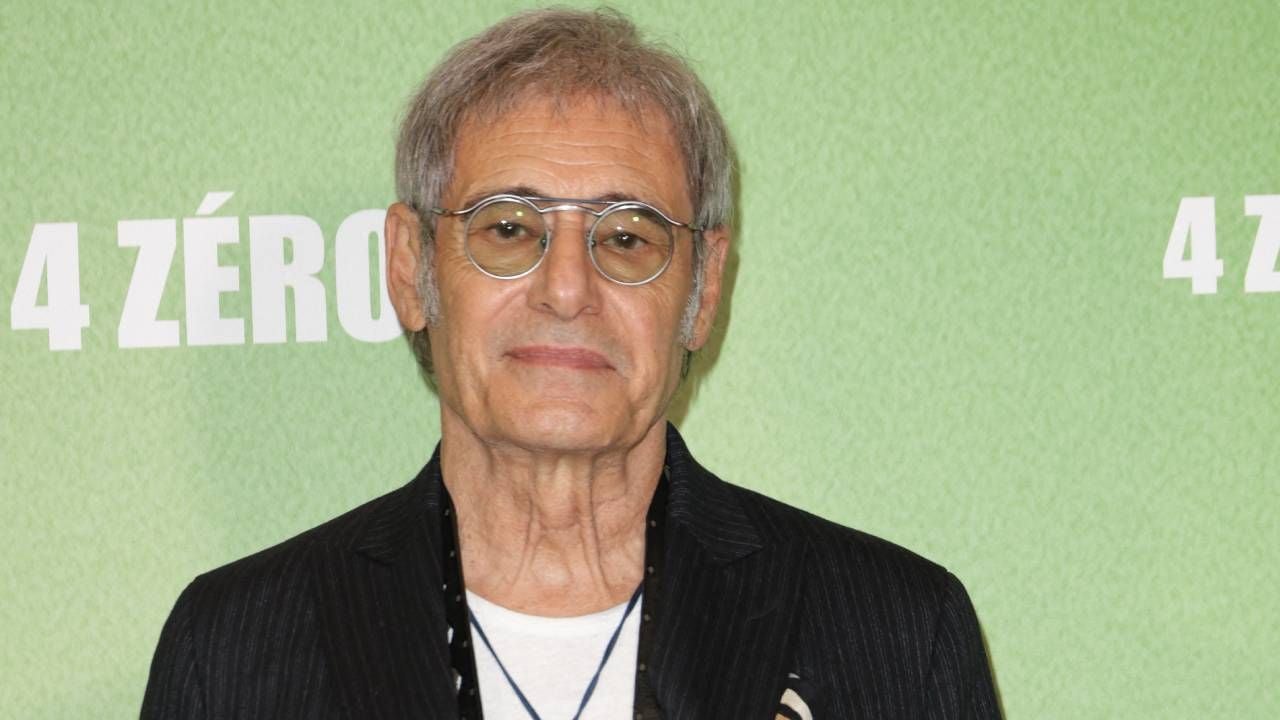Emmanuelle returns, but beware of misunderstandings, this is not a remake of the 1974 film with Sylvia Kristel. This Wednesday, Noemi Merlant received an iconic name, a symbol of erotic cinema, but a completely updated reading.
Neither a remake nor a sequel, this is a new, very loose adaptation of the novel by Emmanuel Arsani at the head of the Emmanuel saga.
“Yes, the project is a bit daring!”– says director and co-screenwriter (with Rebecca Zlotowski), Audrey Diwan, to our microphone. Discover part of our interview.
He continues: “We need to measure exactly what Emmanuel is called in the collective unconscious to know how difficult it is to destroy all expectations, or to reinforce them. There is something everyone is planning today for Emmanuel made and maybe for some made by me. The film is where I wanted it to be. It’s so funny because I made the movie and I feel like we explore it a lot.”
If my project had been to shoot the anti-Emmanuel of 74, it would have been so limited that I wouldn’t have wanted to make the film!
Let’s say if my project had been to make the anti-Emmanuel of ’74, it would have been so limited that I didn’t want to make the film. If it was about code-switching to confirm what everyone feels, i.e. “times and codes have changed”. I guess this is a film project that doesn’t have enough momentum to deserve three years of your life to make it…
On the other hand, the character was remembered, a woman who no longer had pleasure. And it got me thinking about a few things, including the place of eroticism in our society. Can we still ask the audience to get involved, to imagine? When a viewer has already experienced pornography, can I tell them “I’ll cut the frame and ask you to imagine the rest”? can we cooperate
And then, what can I express from my intimate experience that might make my voice interesting and less satisfying about the creation of this story?
You started from a novel, you are inspired by a part of a novel. What can you tell us about it?
It’s a free exercise for me and I don’t see how I could do things any other way, especially talking about sexuality, women, letting go. I can’t do that in an already very limited framework.
I read the book somewhat recreationally. My producers gave it to me. I did not imagine making this film at all, but I was interested, I was curious. I said to myself: “Look, when the book came out, what kind of shape did it have, what ideas was it made of?”…
The book was a bit of what I expected in all the ideas, all the period clichés, etc. It was also a little surprising that the subject of this story is a woman and she is the object of her own desire. She is a young woman looking for more fun.
Adaptation can take many forms
But the real inspiration for me is two thirds of the book. Emmanuel and the man have a long discussion about what eroticism is. I said to myself, “Adaptation can take many forms.” Adaptation can sometimes mean remembering the question, that the question resonates, and that the question gives birth to the fiction, the story.
It’s like a seed of something that we planted. And it wasn’t until a few months later that I started imagining this woman and said to myself: “Hey, I want to get lost in a place that tells you exactly how I feel, how we treat pleasure today. ”
People keep telling us, “You have to enjoy it, you have to enjoy it.” We are also told that there are commandments that burden bodies and especially the female body, commandments of perfection.
So there is a relationship with others that becomes a bit paranoid. Instead of lying to each other, instead of trying to connect, we look at each other with distrust.
So what can I say about this place? Where can I overcome these kinds of fears, which are somewhat armor-like, to find the means of connection, communication, and pleasure that are right for me?
What is an erotic film? There are very different definitions in the history of cinema.
You capture the myth of erotic cinema with a clear desire to renew the genre. Did you approach it as an erotic film or would another label suit you better?
I completely approached it as an erotic film, but I wonder what an erotic film was. There are very different definitions in the history of cinema.
Obviously, when we shoot in Hong Kong, we know we’re not going to run away from Wong Kar Wai’s tutelage figure and in the mood of love. But for me, this is a very interesting example, because it is often cited in the best erotic films of all time. However, this is a film where the eroticism is based on bodies brushing past each other in corridors.
How do I want to treat eroticism? What I really didn’t want to do was make the equivalent of a sports movie. That is, every 20 minutes we are waiting for an erotic scene that includes sexuality, bodies of the night. I said to myself, “Eroticism is like material, and I’m going to work on it as that material that covers the whole film. I want an atmosphere that covers the strangeness of the world we’re in.”
We are not quite in reality because I want to stir up the idea of fantasy. Let’s analyze this fantasy. Let’s think about where the fantasy starts and how it can become a reality. The eroticism of appearance. is the eroticism of the word.”
* Comments collected in Paris on September 17, 2024
Source: Allocine
Rose James is a Gossipify movie and series reviewer known for her in-depth analysis and unique perspective on the latest releases. With a background in film studies, she provides engaging and informative reviews, and keeps readers up to date with industry trends and emerging talents.


![Tomorrow belongs to us: What awaits you on Tuesday, July 15, 1987, July 15, 2025 [SPOILERS] Tomorrow belongs to us: What awaits you on Tuesday, July 15, 1987, July 15, 2025 [SPOILERS]](https://fr.web.img3.acsta.net/img/ec/5b/ec5be625b7977834b0470366ee256862.jpg)





